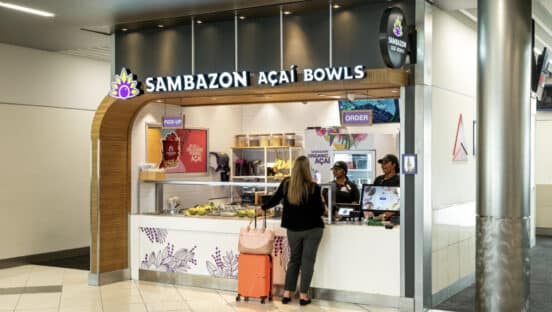Preliminary plans for a newly developed urban farm within the city of Detroit will utilize vacant land and abandoned property to create Hantz Farms, the world’s largest urban farm, announced John Hantz, CEO of Hantz Farms.
“Detroit could be the nation’s leading example of urban farming and become a destination for fresh, local and natural foods and become a major part of the green movement,” says Hantz, a Detroit resident.
“Hantz Farms will transform this area into a viable, beautiful and sustainable area that will serve the community, increase the tax base, create jobs and greatly improve the quality of life in an area that has experienced a severe decline in population.”
Phase 1 plans utilize more than 70 acres of underutilized vacant lands and abandoned properties on Detroit’s lower east side.
Hantz Farms plans to grow natural, local, fresh, and safe fruits and vegetables to help meet Michigan’s increasing demand for locally grown produce. In addition to food and trees, Hantz Farms will harvest wind energy and utilize geothermal heat and biomass fuel from recycling compost.
Hantz Farms is working directly with Michigan State University to add its expertise on agricultural and soil sciences and consulting with the W.K. Kellogg Foundation, a national leader in community-based food systems.
“It makes great sense to utilize the blighted and abandoned land in the city to produce fresh, nutritious food for local consumers,” says Rick Foster, vice president for programs at the Kellogg Foundation.
“Urban development projects like this one not only create good food and connection to nature, but serve as an economic development anchor for others in the community.”
“Urban agriculture is an opportunity to provide an effective economic development program for the Detroit community. MSU’s College of Agriculture and Natural Resources has been providing expert advice to Hantz Farms along with the MSU’s Michigan Agriculture Experiment Station and MSU Extension to develop a productive outreach and engagement program as part of the proposal,” says Jeffry D. Armstrong, dean of the Michigan State University College of Agriculture and Natural Resources. “This is a challenging and exciting opportunity.”
Heading up Hantz Farms LLC, will be Matt Allen, a Detroit resident and advocate for Hantz’s vision.
“The combination of land consolidation, blight removal, conservation of city services and the beautification of the city itself are just some of the byproducts that will come from our commitment to urban farming,” Allen says.
“We’re very excited to be able to make strides in helping to make Detroit a progressive, world-class leader in providing fresh, locally grown food that’s safe and purely Detroit.”
Once the project is approved by Detroit city officials, work would begin immediately and the farm would be operating within six months.






